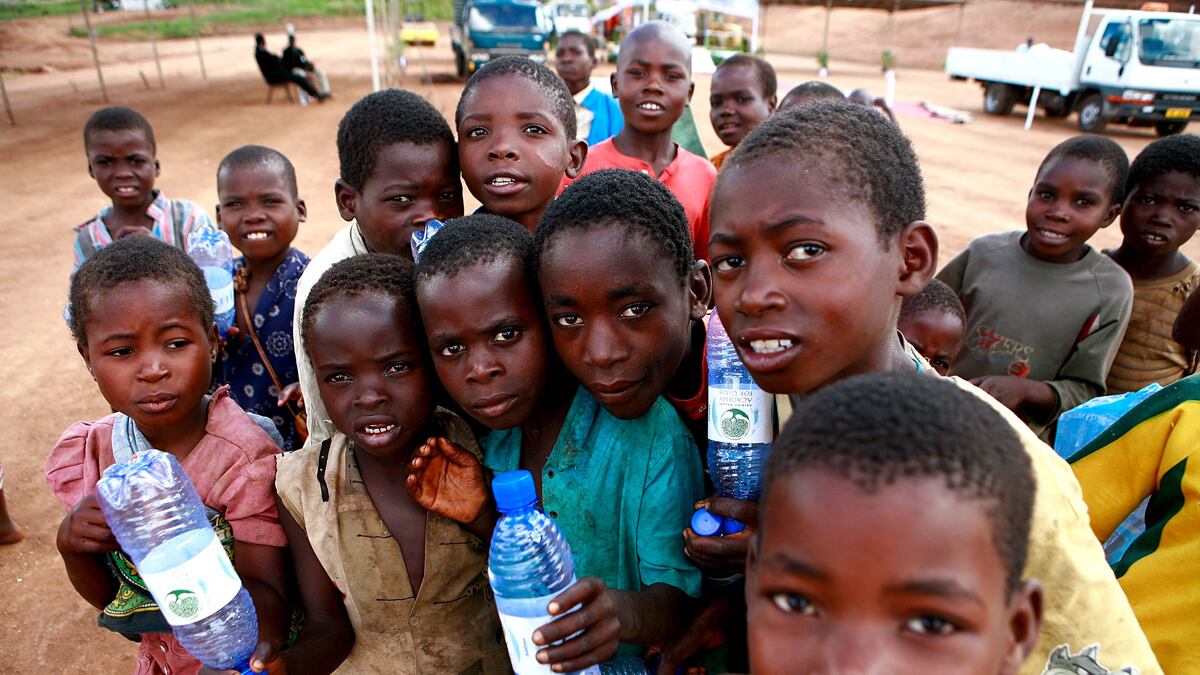The first 1,000 days of a child’s life are a sprint toward the future, said public- and private-sector leaders at the Clinton Global Initiative on Monday, and malnutrition and lack of access to an education are the most common stumbling blocks.

President Joyce Banda of the Republic of Malawi joined Discovery Education CEO Bill Goodwyn, Save the Children chief Carolyn S. Miles, and Jay Naidoo, chairman of the Global Alliance for Improved Nutrition, in a plenary session panel moderated by Unicef Deputy Executive Director Geeta Rao Gupta.
“We don’t want children just to survive, we want them to thrive,” said Gupta in introducing the panel, which was titled “The Early Years: An Irresistible Investment Opportunity.” Chronic malnutrition within the first three years of a child’s development can take years of mental development off children’s lives that, coupled with physical stunting, can lead to irreparable damage to a country’s economic potential, she said.
There are ways to combat these twin evils, however, the panelists said, and Naidoo added that the costs involved are almost never prohibitive. “If you want to make an investment that impacts development most, you invest in your children,” Naidoo said.
“There is really an economic argument,” Miles said, citing statistics that show that proper nutrition in the early stages of a child’s development can have the long-term effect of adding 2 to 3 percentage points to a country’s gross domestic product.
Keeping children healthy is just the first part of the equation, however, according to Miles. Then you have to get them into classrooms. “It is really about survival, then it is about kids learning,” she said.
Developing nations around the world have realized the value of preschool and other early education programs, Miles said. A single year of pre-elementary education can increase primary school enrollment by as much as 24 percent in the long run in countries like Mozambique, she said.
Banda said that many children in her country—including 1.2 million orphans—face homelessness, few education opportunities, and uncertainty about where they will eat their next meal. That is why Malawi decided to implement a system of government-supported care for children between the ages of 3 and 5.
If the numbers bear out and those children do remain in the country’s classrooms, they will join the 30 percent of Malawi’s youth who have access to schools on a regular basis and, through the education system, are guaranteed at least one decent meal a day, Banda said.
Activists and nongovernmental organizations may have to think beyond tired fundraising models to reach their goals, Naidoo said, saying that the fundamental question today is: “What is the innovation we need, and how can we make it financially sustainable?”
“Will it cost the trillions that went into saving the banking sector? No,” Naidoo said. “There cannot be anything more important than investing in our children, and it costs so little.”




